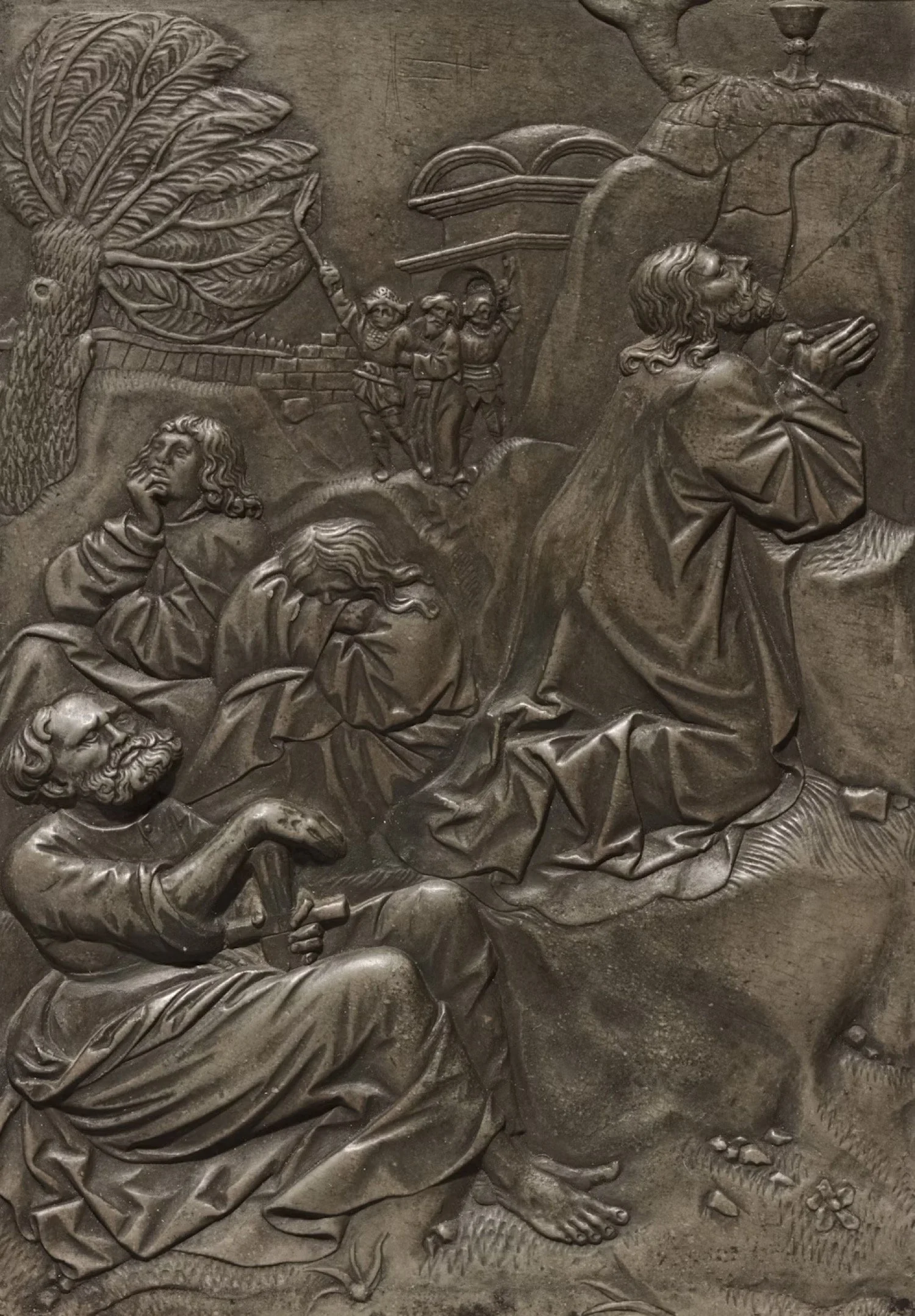Readings for today: Exodus 4-5:21, Matthew 18:1-20, Psalm 22:19-31, Proverbs 5:15-21
Excuses. We all have them. We all have reasons why things have not gone the way we want. Why we can’t live up to our responsibilties. Can’t keep our promises. Can’t fulfill our obligations. We make excuses in our marriages and families. We make excuses at work and at school. We even make excuses for why we cannot worship God in the way He deserves and the way He demands. We have all kinds of reasons. Some of them are good reasons. Some of them are bad reasons. Some of them have nothing to do with the matter at hand.
Maybe you didn’t realize it but some of our greatest heroes/heroines of the faith also made excuses. Take Moses for example. I get it. He’s eighty years old. He’s built a life in Midian. He’s gotten married. He has children. He has a thriving business. It’s a lot to give up to go back to a country where he’s wanted for murder. It’s a lot to go back to a people who’ve already rejected his leadership. He doesn’t think they’ll believe him when he claims to speak for God. He doesn’t think they’ll listen when he describes his burning bush experience. Besides, he’s not a great speaker anyway. He’s not confident. Not good in front of people. He stutters. He stammers. He has a hard time making his point. He’s frankly not what you’d expect in a strong charismatic leader.
Even the best of us make excuses. Thankfully, God doesn’t take them seriously. Thankfully, God blows right past all our reasons for why this or that won’t work. Why this or that plan will fail. Why we are not the right man or woman for the job. He gives us signs to encourage our faint hearts. A staff that turns into a snake. A hand that becomes leprous and is made clean. Water turning to blood as it’s poured on the ground. An unexpected phone call from a friend. A fresh Word from Scripture. An answer to prayer. A suprise gift. All of these signs are from the Lord that we can indeed do what He’s asking us to do...if we have the eyes to see and the hearts to understand them as such. Furthermore, He reminds us who gave us our gifts and talents in the first place! "Who has made man's mouth? Who makes him mute, or deaf, or seeing, or blind? Is it not I, the Lord? Now therefore go, and I will be with your mouth and teach you what you shall speak." (Exodus 4:11-12) God is not limited by our lack of ability or confidence. The One who made us will equip us for every good work. Finally, God sends others to help us out along the way. For every Moses, there is an Aaron. For every Paul, there is a Barnabus. This is how God works. Always in community. Always through relationships. No man or woman is an island. The Christian life is not meant to be lived alone.
So what excuses have you been making? What’s been holding you back from serving God with all your heart, soul, mind and strength? What’s keeping you from community? Is it fear? Is it failure? Is it brokenness? Is it is in? Have you been hurt? Wounded? Are you too old? Too young? Too busy? God has a plan for your life. God wants to use you for His Kingdom purposes in this world. God has blessed you to be a blessing. Stop making excuses and place your trust in God. The One who calls you will provide you with everything you need to accomplish His work.
Readings for tomorrow: Exodus 5:22-7:25, Matthew 18:21-19:12, Psalms 23, Proverbs 5:22-23




